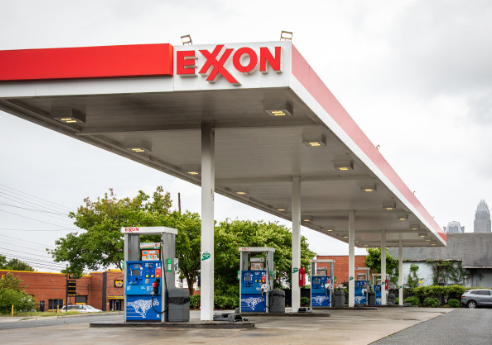Exxon CEO Urged Trump to Stay in Paris Climate Deal Amid Global Pressure

In a notable 2017 exchange, then-ExxonMobil CEO Rex Tillerson advised former President Donald Trump against withdrawing from the Paris Climate Agreement, citing the benefits of remaining part of the global climate accord. Tillerson, who became Trump’s Secretary of State shortly afterward, argued that staying in the agreement would allow the U.S. to maintain its influence on international climate policies and protect American economic interests abroad.
ExxonMobil, one of the world’s largest oil companies, had taken a public stance in support of the Paris Agreement, recognizing the need to address climate change and its potential impact on global stability and economies. This position marked a shift from the company’s previous stance on climate change, reflecting growing shareholder and public pressure on energy companies to commit to environmental responsibility.
Despite Tillerson’s advice, Trump ultimately decided to withdraw from the agreement, citing concerns about the potential economic burden of climate regulations on U.S. industries. Trump argued that the agreement unfairly disadvantaged American businesses and workers while benefiting other nations.
The decision drew criticism from international leaders and environmental advocates, who argued that U.S. withdrawal would weaken global efforts to combat climate change. Tillerson’s opposition to Trump’s decision highlighted tensions within the administration and underscored the complex balancing act that energy companies face between business interests and environmental commitments.
The U.S. formally exited the Paris Agreement in 2020, though it later rejoined under President Joe Biden, who emphasized climate action as a central focus of his administration. The Exxon-Tillerson episode remains a significant example of the debate over climate responsibility within the energy sector and the role of the U.S. in global environmental efforts.





